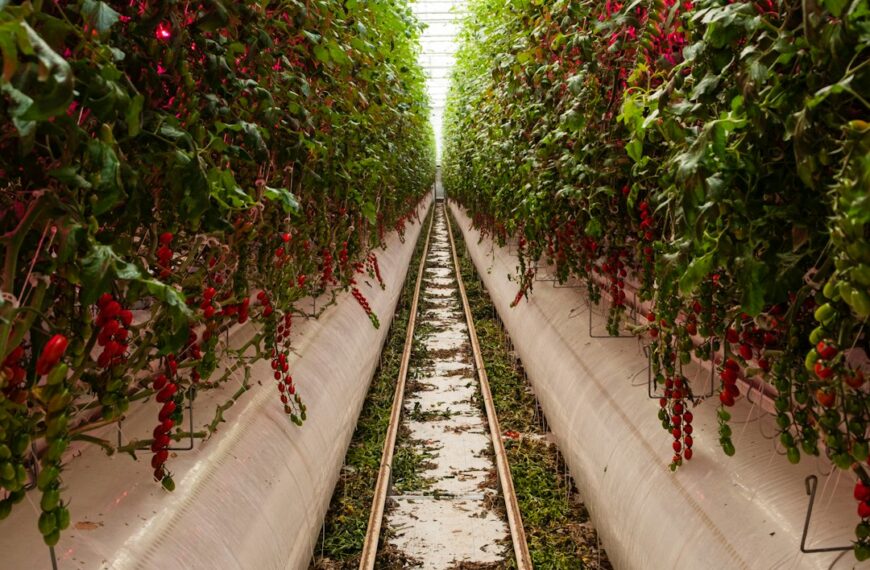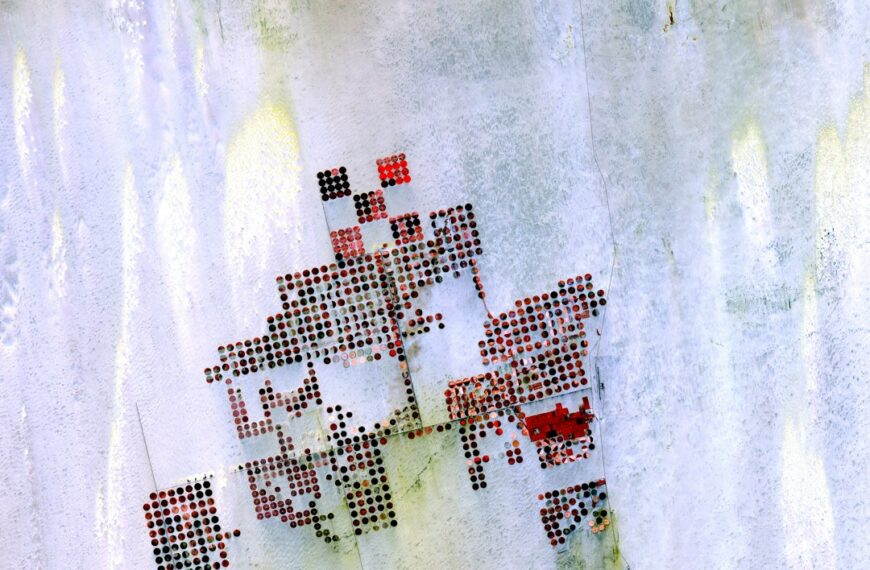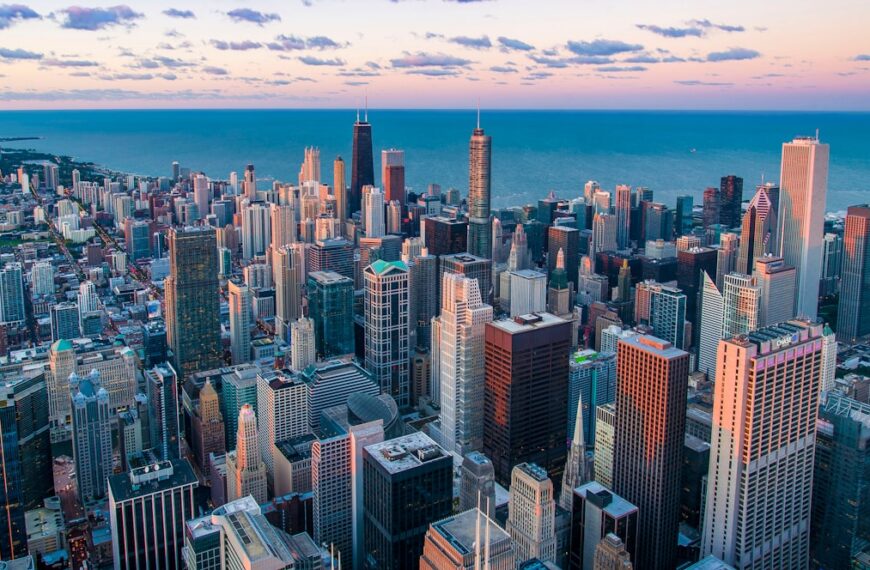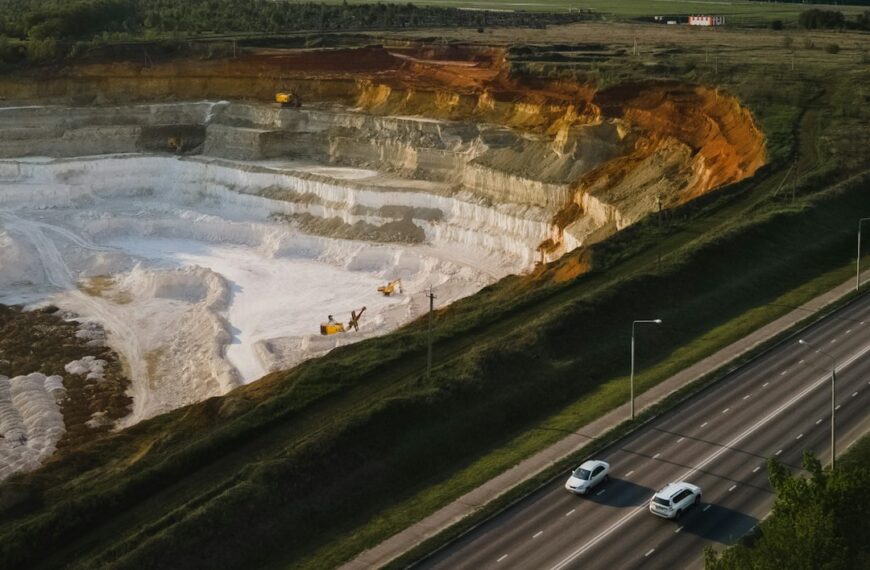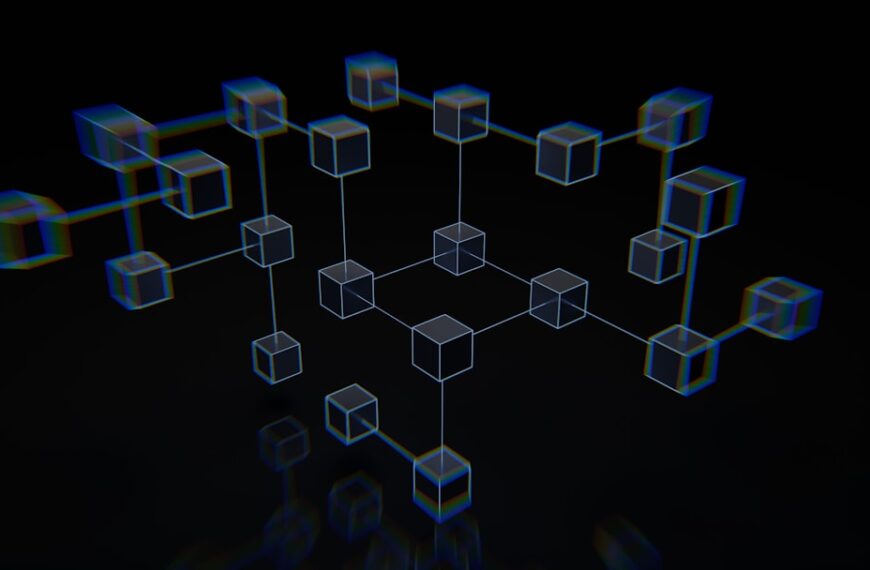The sheer scale of “10,000 years” is almost incomprehensible. It dwarfs even the most ambitious human endeavors. Yet, the question of leaving a lasting legacy that transcends our fleeting lifetimes is a powerful one, a siren song pulling us towards contemplating our place in the grand sweep of history. This isn’t about personal immortality; it’s about the enduring impact we can have on the world, an echo reverberating through millennia.
Building a legacy for the next 10,000 years requires a shift in perspective. We must move beyond the short-term gains and immediate gratification that dominate modern society. It demands a focus on sustainability, not just environmentally, but also culturally and socially. Our actions today need to consider the ripple effects they will have far into the future.
What could such a legacy entail? It’s not solely about grand monuments or technological advancements, though these certainly play a part. Consider the enduring impact of ancient civilizations, not always through their physical structures but through their cultural contributions: mathematics, philosophy, art, legal systems. These intangible legacies have shaped our world profoundly, influencing generations separated by vast stretches of time.
Building a lasting legacy for the future requires a multi-pronged approach:
* Environmental Stewardship: Protecting our planet is paramount. Developing and implementing sustainable practices, combating climate change, and preserving biodiversity are not just moral imperatives, they are foundational elements of any long-term legacy. A damaged planet offers a drastically diminished future for humanity.
* Knowledge Preservation and Dissemination: Ensuring the survival of crucial knowledge is vital. This requires robust archiving systems, resistant to both physical and digital degradation. The free exchange of information and the fostering of scientific inquiry are also essential.
* Cultural Transmission: Protecting and promoting diverse cultures and languages prevents the homogenization of human experience. Encouraging the preservation of artistic expressions, oral traditions, and historical records contributes to a richer, more resilient future.
* Ethical Frameworks: Developing and codifying ethical guidelines for future generations, focusing on principles of fairness, justice, and sustainability, is a crucial aspect of building a responsible legacy.
* Long-Term Planning and Foresight: We need to develop institutional structures and practices that promote long-term thinking. This involves shifting away from short-term political cycles and fostering a greater understanding of the interconnectedness of actions and consequences across vast timescales.
The task is daunting, perhaps even audacious. But the very act of striving towards a legacy that transcends our individual lives holds a profound significance. It compels us to consider the bigger picture, to act responsibly, and to invest in a future we may never see. While we may not witness the fruition of our efforts, the potential to leave a positive and lasting impact on the world for millennia to come is a powerful incentive to embark on this extraordinary journey. The challenge is not just building a legacy, but building a better future.




